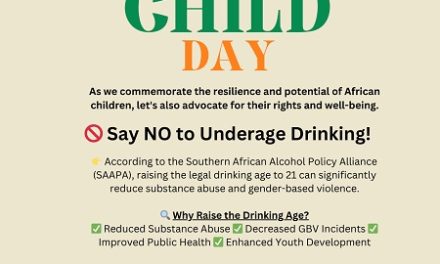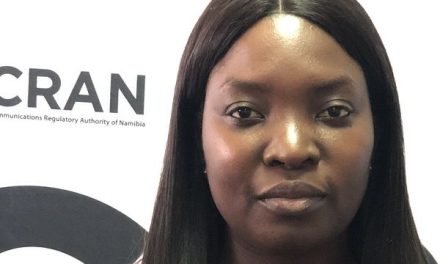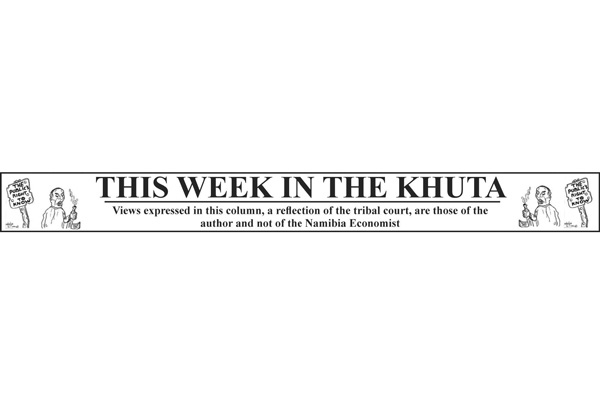
African Child Day: Raising the Legal Drinking Age to 21

By Natasha Ortner
SAAPA Namibia Country Liaison Officer.
Celebrating African Child Day is a time for celebration, reflection, and advocacy. It commemorates the resilience, potential, and rights of African children. However, as we celebrate, it is crucial to acknowledge and address the challenges our children face, particularly those related to substance abuse and its devastating effects.
Growing up, many of us took pride in celebrating African Child Day, but as we matured, we witnessed the detrimental impacts of early alcohol exposure on our peers. These issues underscore the urgency of revisiting our policies on alcohol consumption.
Alcohol abuse and gender-based violence (GBV) are closely linked. Many young people in Namibia and other African countries are introduced to alcohol at a shocking young age. This early exposure often leads to substance dependence, which in turn can fuel domestic violence. The correlation between alcohol and GBV is well documented and tackling one can significantly impact the other.
As a Namibian child, I believe it is our collective responsibility to advocate for changes that protect our youth and foster a safer, healthier society. The Current Legal Framework of Namibia’s Liquor Act of 1998 is designed to regulate the sale and consumption of alcohol, with specific provisions aimed at protecting minors.
According to the Act, no person shall sell or supply to anyone under 18, reasonable measures must be taken to verify a buyer’s age, minors are not allowed in certain establishments unless accompanied by an adult, providing false documents to obtain liquor is prohibited and law enforcement has the authority to confiscate liquor from minors.
While these provisions are a step in the right direction, they are not sufficient to curb the prevalence of underage drinking and its associated risks. The Southern African Alcohol Policy Alliance (SAAPA) is at the forefront of advocating for policy changes to address these issues. SAAPA proposes raising the legal drinking age from 18 to 21. This change is supported by evidence suggesting that later initiation into alcohol consumption can reduce the risk of addiction and its associated harms.
The CDC explains that the minimum legal drinking age (MLDA) of 21 in the United States is effective in saving lives and reducing alcohol-related harm. The benefits of raising the drinking age are reduced substance abuse, and delaying the age at which young people start drinking can decrease the likelihood of developing alcohol dependence. With decreased GBV incidents, with fewer young people abusing alcohol, there is potential for a significant reduction in alcohol-fuelled domestic violence.
To improve public health, fewer young drinkers can lead to a decrease in alcohol-related health issues, benefiting the overall healthcare system. Enhanced youth development, Young people who abstain from alcohol until 21 are more likely to focus on their education and personal growth, contributing positively to society
A call to action as we celebrate African Child Day, let us commit to protecting our children by supporting SAAPA’s call to raise the legal drinking age to 21. This change is not just about compliance with the law, it is about safeguarding the future of our youth, reducing domestic violence, and promoting a healthier, more prosperous Namibia.
Raising the drinking age to 21 is a proactive step towards a better future for all Namibian children. It is time for us to act, lobby, and ensure that our policies reflect our commitment to the well-being of our young people. Together, we can make a difference and honor the spirit of African Child Day by securing a brighter future for the next generation.

















































